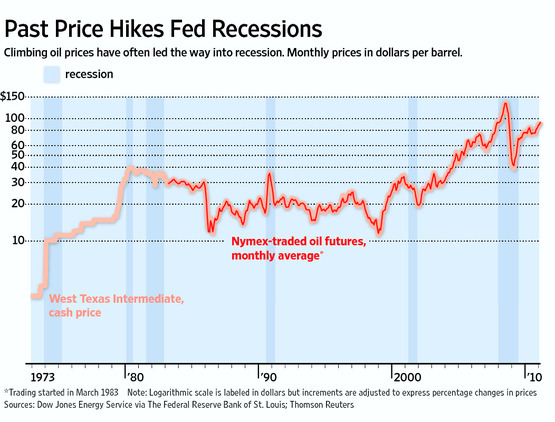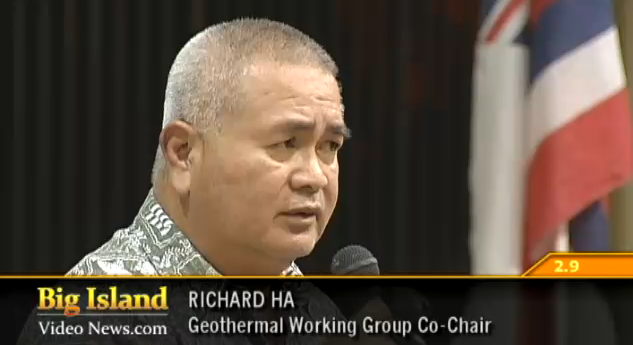I wrote this post in October 2007 about a Food Summit I spoke at. Now that oil supplies are getting tighter, it’s a lot clearer and makes even more sense.
My assessment of how we came to be here and where we need to be in the future is this: In the beginning, one hundred percent of the energy for food came from the sun. The mastodons ate leaves, the saber tooth tiger ate the mastodon and we ate the tiger and everything else.
The earth’s population was related to the amount of food we could gather or catch. And sometimes the food caught and ate us. So there were only so many of us roaming around.
Then some of us started to use horses and mules to help us grow food. As well as the sun, now animals provided some of the energy for cultivating food. We were able to grow more food, and so there were more of us.
About 150 years ago, we discovered oil. With oil we could utilize millions of horsepower to grow food—and we didn’t even need horses. Oil was plentiful and cheap; only about $3/barrel. We used oil to manufacture fertilizer, chemicals and for packaging and transportation.
Food became very, very plentiful and we started going to supermarkets to harvest and hunt for our food. Hunting for our food at the supermarkets was very good—the food did not eat us; and now there are many, many, many of us.
But now we are approaching another change to the status quo—a situation being called “Peak Oil.” That’s when half of all the oil in existence is used up. Half the oil will still be left, but it will be increasingly hard to tap. At some point, the demand for oil—by billions and billions of people who cannot wait to get in their car and drive to McDonalds—will exceed the ability to pump that oil.
I told the Food Summit attendees that we farmers need to grow plenty of food so that others can do what they do and so we continue to have a vibrant society. If we don’t plan ahead to provide enough food, and as a consequence every family has to return to farming to feed themselves, it would be a much more limited society. People would not be able to pursue the arts, write books, explore space. We would have way fewer choices – maybe only, “What color malo (loincloth) should I wear today?”


